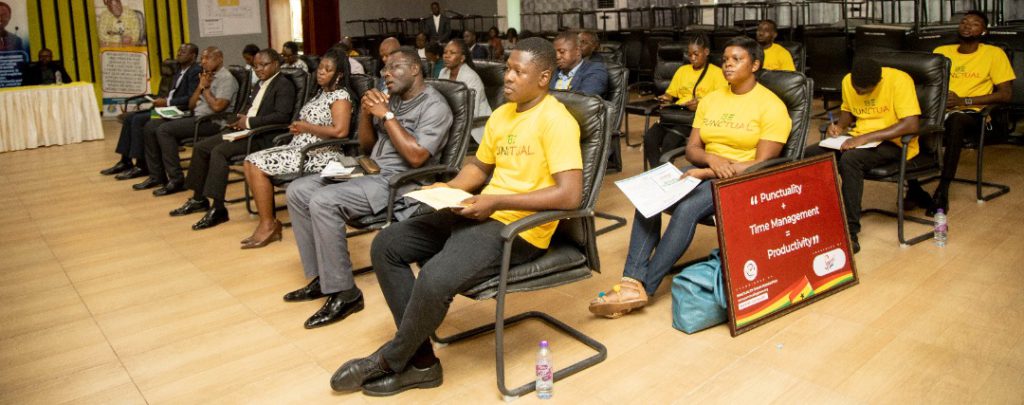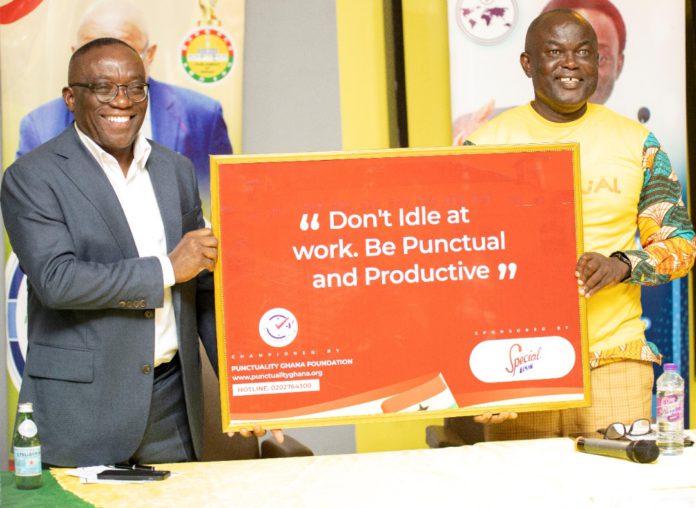The success story of the Driver and Vehicle Licensing Authority (DVLA) has been attributed to efficiency, effectiveness and delivery of service on time.
Speaking at a ceremony to endorse the punctuality pledge, the Chief Executive of DVLA, Kwasi Agyeman Busia, said the Authority diagnosed challenges including lack of timeliness, rigorous bureaucracy process that people go through in getting service done, lack of transparency, efficiency and the activities of middlemen.
Their determination to fix these challenges led to the development of the strategic vision which encompasses people, process and technology which he said, has contributed to the transformation and innovations in DVLA.
Mr Busia noted that there was the need to sustain the positive transformation of the Authority and they have to sustain what they have started.
He said a strategic vision was put together to build and ensure a sustainable Authority with the most motivated staff and delivery of the utmost services at all times.
“Today’s meeting reminds me that our service delivery is having an effect and people are watching. The most important thing is having a structure that works. When punctuality is inculcated in the mission of an organisation the sky will be the limit,” he said.

The CEO expressed his gratitude to the Punctuality Ghana Foundation and said the signing of the pledge was a motivation for DVLA to work harder to attain its goal.
The Deputy DVLA CEO in charge of Services, Kwame Appiah Kubi stressed punctuality drives productivity and therefore as an Authority, there was the need to ensure punctuality as a key component in its operations.
Lead Punctuality Crusader, Emmanuel Amarquaye said, punctuality is constantly reducing the time spent doing the things which used to be done.
He said poor supervision in the civil and public service accounts for the malingering and lackadaisical attitude to work by some staff.
According to Mr Amarquaye, productivity will improve if organisations put in measures to ensure that offices open on time, there was the availability of technological gadgets to promote attendance to work, effective management of correspondence, proper management of meetings, a smooth continuation of work when one is on leave and developing innovative ways of increasing revenue.

